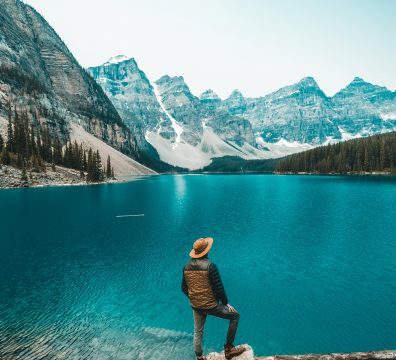British Columbians are increasingly being fenced out of outdoor spaces they previously frequented and enjoyed. Trails have been closed to hikers and other nature lovers, roads have been gated, and kayakers and anglers are being denied access to many lakes and streams. This denial of access is not only a loss for the individuals locked out of wild places but also a significant loss to society.
The Outdoor Recreation Council of BC and the Environmental Law Center just released “Wild Places and Green Spaces: A Citizen’s Guide to Proving Public Access,” which provides information about how British Columbian citizens can begin researching whether the public has a legal right to access a particular place. Their goal is to empower citizen groups to defend access to the wild spaces they care about.
The guide is divided into two parts:
The first part informs citizens on how to gather the evidence needed to prove public access. It lays out tips on getting government maps, land grants, land registry documents, public works and other government records, community history accounts, archive documents, and other documents they’ll need to prove public access.
The second part of the guide discusses legal principles citizens can invoke to prove a public right to travel a particular route. It provides a basic introduction to some laws governing public access. It specifically describes circumstances where the law authorizes public access. It focuses on common ways public access rights can be established, like creating public “highways” and certain types of forestry and industrial roads.
Concerned citizens can get Wild Places and Green Spaces: A Citizen’s Guide to Proving Public Access here


